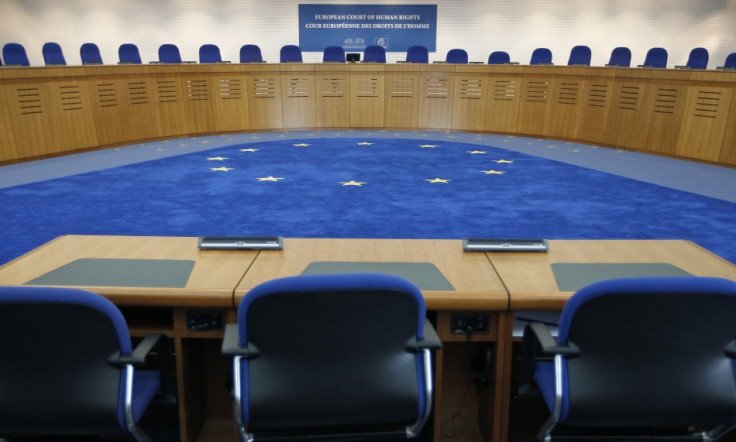Full Gay Rights Threaten Christians in Public Life, Says Anglican Mainstream

The march to gay equality in Britain is causing Christians to be squeezed from public life, believers have claimed in the wake of a European Court ruling.
Three appeals by Christians accusing the British government of discrimination were thrown out by the European Court of Human Rights in Strasbourg, although a fourth appeal, brought by British Airways check-in clerk Nadia Eweida over her right to wear a crucifix at work, was won by the appellant.
Marriage counsellor Gary McFarlane, 51, and registrar Lillian Ladele said their careers suffered after they made clear how their faith had an impact on their job.
McFarlane admitted he felt uncomfortable with the prospect of providing advice to gay couples, while Ladele refused to oversee civil partnerships between same-sex pairs.
Both lost their case for discrimination under the Human Rights Act.
But the group Anglican Mainstream said gay rights were stifling the rights of people to live lives of faith openly.
Spokesman Chris Sugden told IBTimes UK: "Human rights were introduced to protect minorities but not to give them supervening rights over the rest of society.
"Gay rights have now become a separate privilege and a specially protected group of rights which trump all others, including freedom of conscientious objection and to hold religious conviction without fear of discrimination."
Christian identity
Rulings such as those from Europe continued a direction of travel by society which could eventually lead to floods of Christians quitting jobs because their beliefs were incompatible with the strictures laid down by equality law, said Sugden.
Some fear that the promise to legalise gay marriage by Prime Minister David Cameron means that children may one day be taught in school the mechanics of homosexual activity, said Anglican Mainstream.
Gay rights group Stonewall welcomed the rulings and said the attitudes espoused by McFarlane and Ladele were "unacceptable".
Chief executive Ben Summerskill said: 'Today's judgment rightly confirms that it's completely unacceptable in 2013 for public servants to pick and choose who they want to serve on the basis of sexual orientation.
"Gay people contribute over £40bn annually to the cost of public services in this country. They're entitled to nothing less than equal treatment from those services, even from public servants who don't happen to like gay people.'
NHS nurse Shirley Chaplin also lost her discrimination case against the government. She eventually left her profession of 30 years, after bosses ordered her to remove a cross on a necklace from around her neck on health and safety grounds.
Chaplin refused. She said: "Other faiths have been able to manifest their faith visibly, I felt I should do the same.
"For me it's very much part of my Christian identity and I feel I should have the right to manifest that."
© Copyright IBTimes 2025. All rights reserved.





















